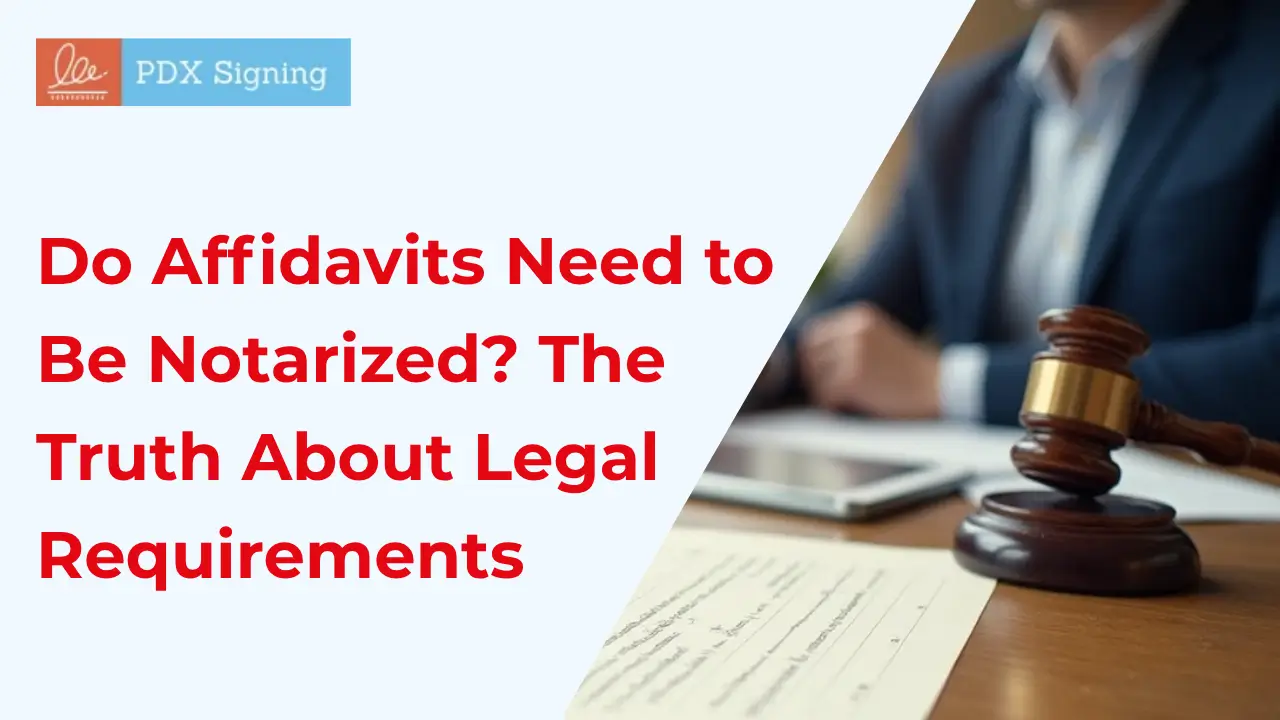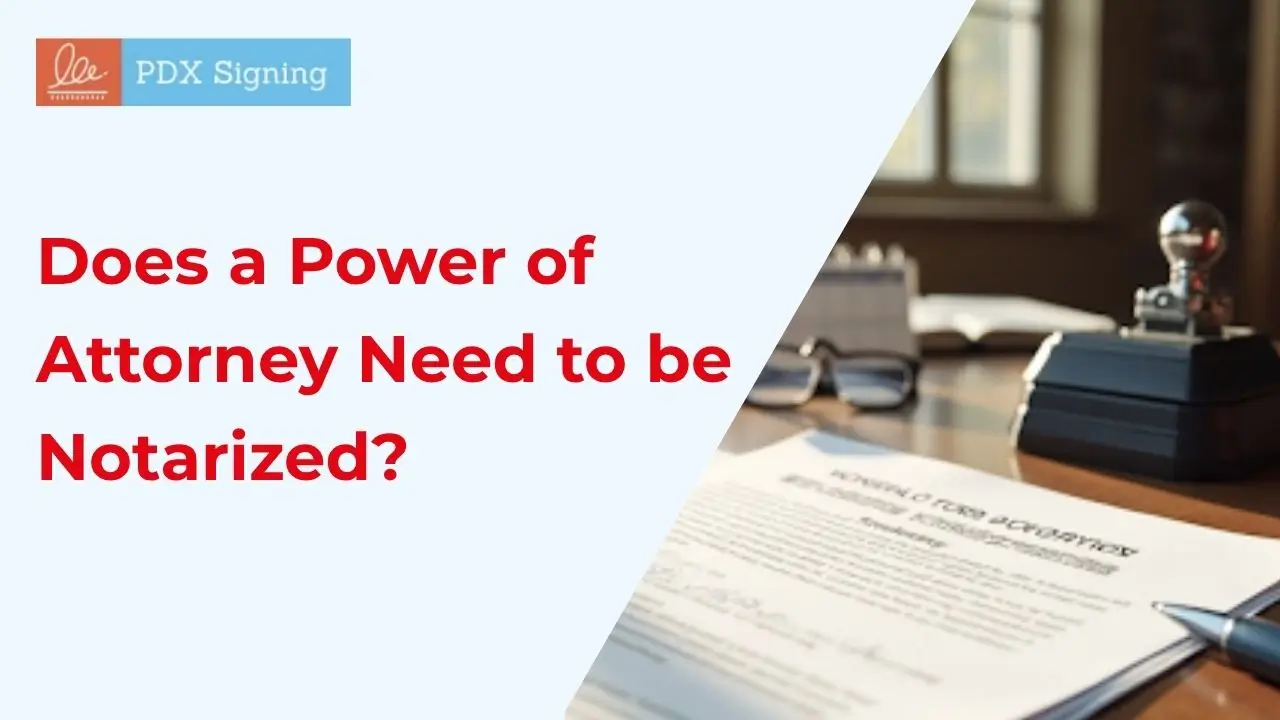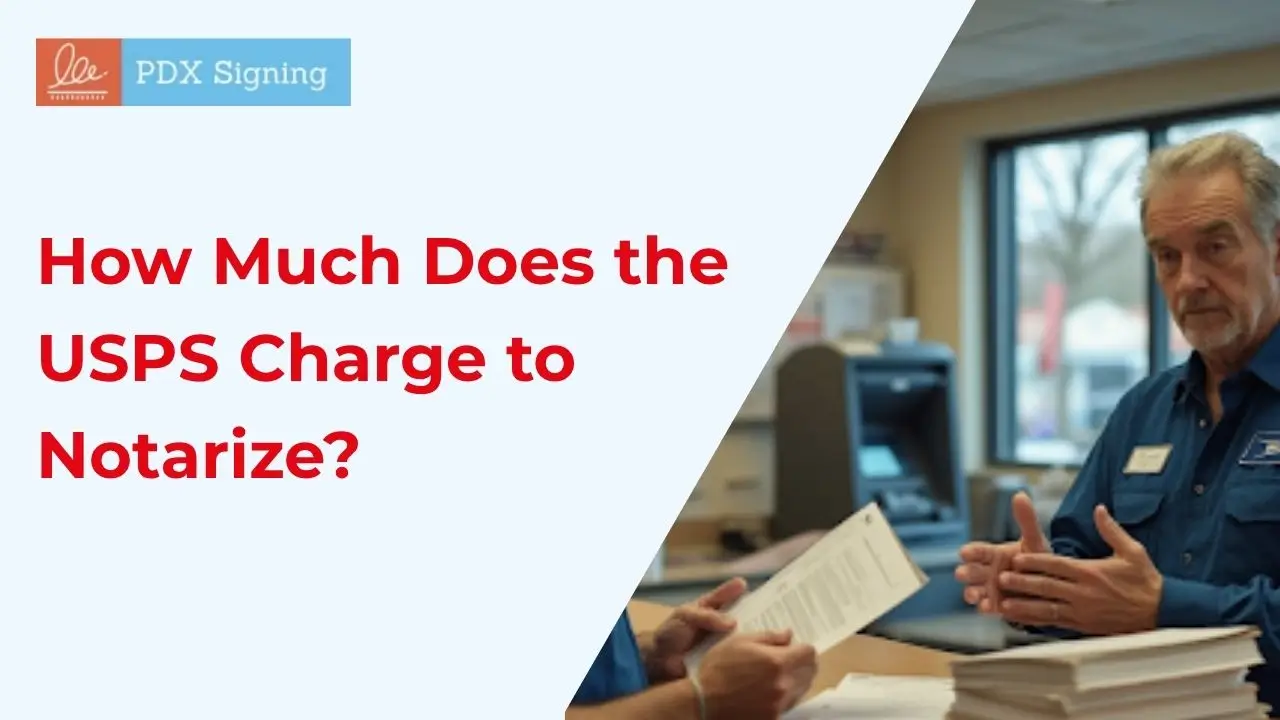“Does an affidavit have to be notarized?” People often ask this question during legal document preparation. Legal settings commonly use affidavits, ranging from estate planning sessions to high-stakes court battles. Many assume these documents always need a notary’s stamp, but the reality differs.
Notarization requirements apply to most affidavits, but not all of them. These documents serve as key evidence pieces in court cases at the time they need notarization. The notary process adds legal weight to sworn statements because it protects against fraud and maintains document integrity. The rules allow many affidavits to work without notarization.
Let’s get into the times affidavits need notarization, proper preparation methods, and acceptable legal alternatives in this piece. You’ll learn about online notarization options that offer convenience while keeping legal validity. Your document will meet legal requirements once you understand these essential elements, whether you need it for court or other legal matters. For professional notary services, visit PDX Signing.
How to Prepare an Affidavit That Holds Up in Court
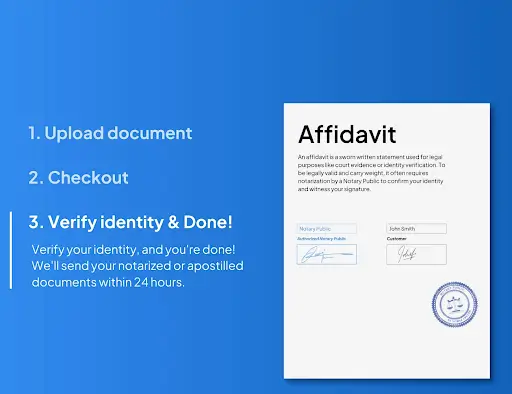
A legally sound affidavit needs careful attention to detail and format. You can use a well-drafted affidavit as powerful evidence in court proceedings, whether it ends up needing notarization or not.
Key components of a valid affidavit
Every valid affidavit follows a well-laid-out format that has several crucial elements. The document must show a clear title and the affiant’s complete legal name. The document has a commencement section that identifies who makes the statement. This section comes before averments (the factual statements being sworn to).
The document needs a statement of truth. People usually phrase it as “I solemnly swear that the aforementioned are true and correct to the best of my knowledge and belief.” An attestation clause certifies the oath made by the affiant. The date and signatures of all relevant parties must appear, too.
The legal weight of the affidavit depends on the facts presented clearly. Each paragraph should contain a single fact and be numbered in sequence.
Who can write and sign an affidavit?
Anyone with the mental capacity to understand an oath’s seriousness can create an affidavit. Age doesn’t matter much – the affiant just needs to be mentally competent to understand what they’re signing.
Someone can make an affidavit for another person in certain cases. They need clear authority to do this. A guardian can submit an affidavit for a minor or someone mentally incapacitated. Attorneys, personal representatives, and corporate officers can execute affidavits in their official roles, too.
Affiant responsibilities and legal implications
Signing an affidavit carries heavy legal consequences. You must provide accurate and complete information based on your knowledge as an affiant. Take time to review the entire document carefully before signing.
The most important thing – an affiant swears under penalty of perjury that all statements are true. False statements in an affidavit can lead to serious trouble. You might face criminal charges, fines, or even jail time. Signing an affidavit works just like giving sworn testimony in court.
Courts might reject the document if evidence shows someone forced the affiant to sign. The signature must come without any pressure or coercion.
The Role of Notarization in Affidavit Validity
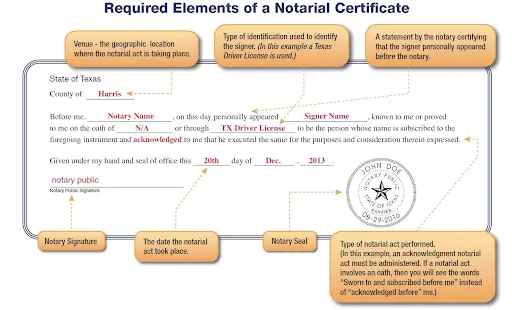
Notarization turns a straightforward written statement into a potent legal document. Most jurisdictions call for notarization on affidavits to prove their veracity, especially when they are used in official affairs or court proceedings.
Why does notarization add legal weight?
Notarization confirms a document’s genuineness and guards against forgery. Legal environments and tribunals are more likely to admit an affidavit as evidence after it has received a notary’s stamp.
Because the affiant knows the repercussions of making false statements, the procedure helps avoid perjury. Because the affiant confesses to the seriousness of their claim under penalty of perjury, the reliability of the sworn statement increases considerably.
What a notary public does
Authorities designate a notary public to serve as an impartial third-party witness. Their chief duties include:
- Verifying identity -Government-issued identifications verify the affiant’s identity to guard against identity theft and bogus claims
- Ensuring voluntariness – The affiant’s readiness to sign without pressure is confirmed.
- Administering oaths or affirmations – The affiant swears or affirms the truth of their statements.
- Applying their seal and signature, Legal authenticity is certified through this official mark.
Affidavit notary process: step-by-step
You can get your affidavit notarized by following these steps:
- Organize your affidavit, but do not sign it ahead.
- Take the notarized document and government-issued photo ID with you.
- The notary will check your identity using your credentials.
- In the presence of the notary, you will sign the affidavit.
- To vow on the veracity of your declaration, the notary will administer an oath or affirmation.
- Usually, for a jury for affidavits, the notary will fill out the notarial certificate.
- The notary will document the notarization in their log, then attach their official signature and seal.
Alternatives to Notarized Affidavits in 2025
Traditional notarized affidavits aren’t always necessary in legal situations. Several alternatives now carry equal legal weight and eliminate notary services. These options exist under both federal and state laws.
Unsworn declarations under 28 U.S.C. § 1746
The federal law utilizes 28 U.S.C. § 1746 as a powerful alternative. These declarations work just like notarized affidavits but don’t need a notary’s involvement. They carry “the same force and effect” as traditional notarized documents.
Your location determines the specific language needed to create a valid federal unsworn declaration:
- For declarations within the United States: “I declare (or certify, verify, or state) under penalty of perjury that the foregoing is true and correct. Executed on (date). (Signature)”
- For declarations outside the United States: “I declare (or certify, verify, or state) under penalty of perjury under the laws of the United States of America that the foregoing is true and correct. Executed on (date). (Signature)”
State-specific unsworn declaration laws
State laws also provide alternatives to notarized affidavits. Florida’s law (Fla. Stat. § 92.525) serves as a prime example. The state requires this specific language: “Under penalties of perjury, I declare that I have read the foregoing (document name) and that the facts stated in it are true”.
Texas’s law stands out by requiring the declarant’s residential address – a detail you won’t find in typical notarized affidavits.
When to use a declaration instead of an affidavit
Unsworn declarations work best in several situations:
- Notary services aren’t available
- Time doesn’t allow for notarization
- Federal court matters need attention
- Laws don’t specifically require notarized affidavits
Notwithstanding that, some documents still need notarization:
- Liens filed with county clerks
- Property documents requiring county filing
- Oaths of office
- Certain waivers of service
Unsworn declarations might be more convenient, but they carry identical legal penalties for false statements as notarized affidavits.
How to Get an Affidavit Notarized Online
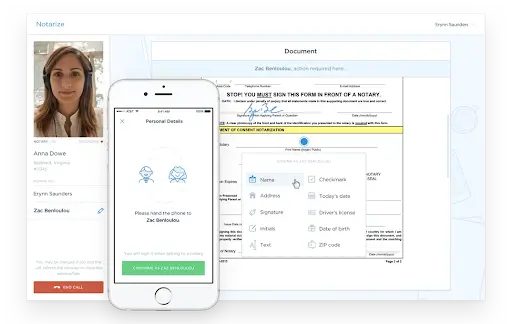
You can now get your affidavit notarized without visiting a physical office. Remote Online Notarization (RON) is available to everyone with internet access. This makes the legal process much simpler.
Online notarization platforms
Several trusted platforms offer online notarization services. Proof’s Notarize platform links you to thousands of screened notaries who work around the clock. eNotary On Call focuses on real estate documents and provides secure remote notarization of affidavits of title and identity.
Steps to notarize remotely
The process follows these simple steps:
- Upload your unsigned document to your chosen platform
- Verify your identity using a government-issued ID
- Connect with a notary via secure video conference
- Sign the document only after joining the session with the notary
- Complete the notarization as the notary witnesses your signature
- Receive your notarized document electronically
The notary must verify your identity, give you an oath, and record the audio-visual session based on RON procedures that are 2 years old.
Legal acceptance of digital notarization
Digital notarizations carry the same legal weight as traditional ones. Most states have laws that allow RON as of 2025, though requirements differ by location. The U.S. Constitution’s Full Faith and Credit Clause will guarantee that other states recognize notarizations done in one state.
Common mistakes to avoid
Never sign your affidavit before you meet the notary – this mistake happens too often. Make sure you upload the right version of your document and have your ID ready. Test your equipment before the session. Bad internet connections or camera problems can stop the process and might make your notarization invalid.
Conclusion
Legal documents become much easier to handle when you understand affidavit notarization requirements. This piece clarifies a common question: “Do affidavits need to be notarized?” The answer depends on your legal context and jurisdiction.
Note that many affidavits need notarization, but unsworn declarations under federal or state laws can work just as well in specific situations. These options help when notary services aren’t accessible to more people, or time pressures make traditional notarization difficult.
Well-prepared affidavits are powerful legal tools. Your focus should stay on accuracy, truthfulness, and proper format, whether you pick traditional notarization or acceptable alternatives. The guidance in this piece helps ensure your affidavits meet legal requirements, whatever path you choose. For reliable notary services, check out PDX Signing.
FAQs
Q1. Is notarization always required for an affidavit to be valid?
Although notarization gives an affidavit great legal importance, it is not always required. The need varies depending on the particular jurisdiction and legal background. But by confirming the signer’s identity and their willingness to swear under oath, notarization increases the trustworthiness of the document.
Q2. How can I tell if my affidavit needs to be notarized?
Most affidavits that need notarization will definitely show this by including a notarial certificate and room for the notary’s signature and seal. It’s best to speak with a legal expert or the entity seeking the affidavit if you are unsure.
Q3. Are there alternative notes other than notarized affidavits?
Yes, there are other possibilities, including state-specific unsworn declaration laws or unsworn statements. Particularly in federal cases or when notary services are unreachable, these can occasionally be used instead of notarized affidavits.
Q4. Could I notarize my affidavit electronically?
Yes, a lot of states now permit Remote Online Notarization (RON). You can have your affidavit notarized through a safe video chat with a notary public, eliminating the need for an in-person encounter.


